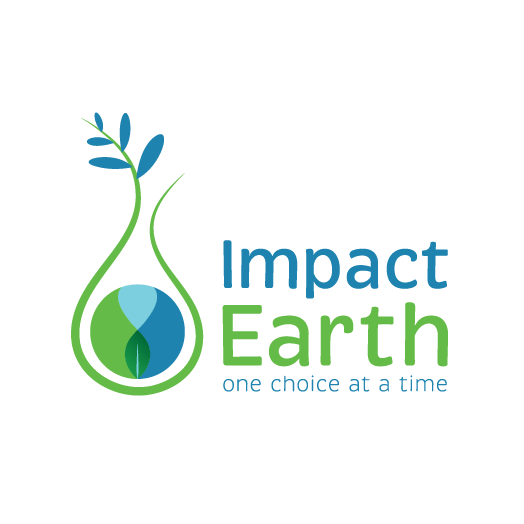Plant-rich diets reduce emissions and also tend to be healthier, leading to lower rates of chronic disease. According to a 2016 study, business-as-usual emissions could be reduced by as much as 70 percent through adopting a vegan diet and 63 percent for a vegetarian diet, which includes cheese, milk, and […]
Food
Many of us love our local farmers markets! Buying locally can help our environment, but maybe not for the reasons that you think. Check out this article that we found from go green.
Dairy cows and their manure produce greenhouse gas emissions which contribute to climate change. Poor handling of manure and fertilizers can degrade local water resources. And unsustainable dairy farming and feed production can lead to the loss of ecologically important areas, such as prairies, wetlands, and forests. The World Wildlife […]
There are numerous and varied ways to address key waste points. In lower-income countries, improving infrastructure for storage, processing, and transportation is essential. In higher-income regions, major interventions are needed at the retail and consumer levels. National food-waste targets and policies can encourage widespread change. Beyond addressing emissions, these efforts […]
Food transportation accounts for 18% of the fossil fuel burned in the US. By eating local, we support local farmers and reduce oil consumption. We can ask our grocer which foods are local. By joining a CSA (Community Supported Agriculture), we can support local farmers by paying a yearly fee […]
Many of ColorBrightonGreen.org’s followers are interested in reducing, reusing, and recycling. Impact Earth is too. They have been working with some of our volunteers to achieve zero waste in the Brighton Central School District. This is now going to a whole new level and we are pleased to call them […]
There will be live music, local beer, and real farmers at this event! When: Saturday, April 1, 2017, 2-5 PM Where: M Body Gym, 1048 University Avenue, Rochester, NY
Easy to apply gardening and yard care methods will restore carbon to the soil – and keep it there – for healthier crops, more resilient gardens and less extreme weather. A series of short films will be shown that provide hope in the face of climate change! Additionally, a discussion […]
The purchase and use of bottled water poses many problems for our environment, and for your pocketbook. You can make a difference by not purchasing bottled water, or at the very least purchasing less bottled water. How to Reduce Your Water Footprint is a website of Wheels for Wishes. Take […]
A plant-based diet has a lower carbon footprint than other diets. On September 27, the film “PlantPure Nation” is premiering in Rochester. We expect this film to bring about a quantum leap in the acceptance of a plant-based diet and its adoption by the mainstream, including health care providers and […]
